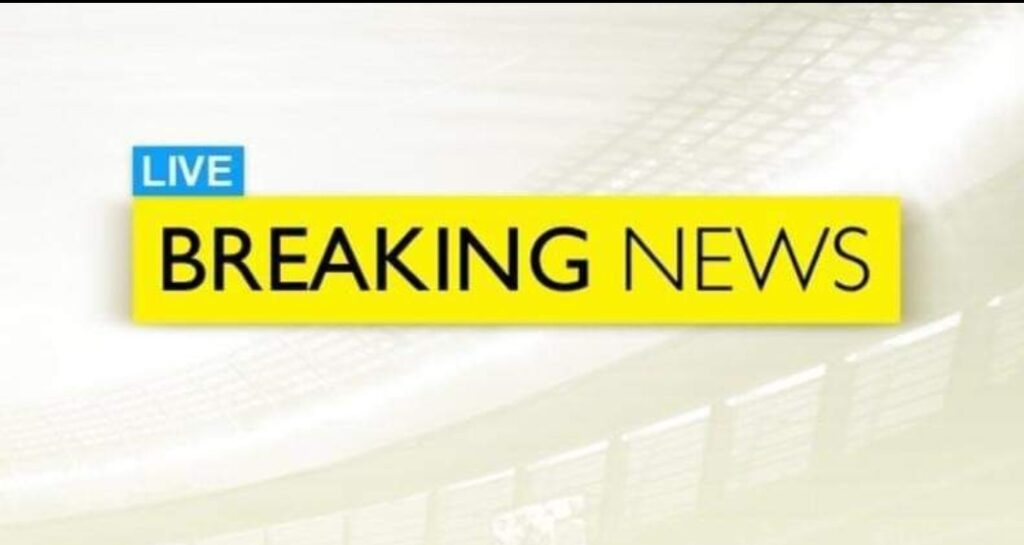In the midst of recent optimism for Manchester United, highlighted by achievements such as Erik ten Hag’s Manager of the Month award, Alejandro Garnacho’s Goal of the Month, and Harry Maguire’s Player of the Month for November, a swift disappointment unfolded with a 3-0 home loss to Bournemouth, met with jeers from the Old Trafford crowd.
The rollercoaster of results, from a convincing win against Chelsea to a disheartening defeat, accentuates the inconsistency plaguing Manchester United this season. As pivotal encounters against Liverpool and Bayern Munich loom, the threat of elimination intensifies, adding weight to the significance of these upcoming matches for both immediate and future prospects under Erik ten Hag.
In the face of challenges, it is crucial not to sideline ten Hag for several compelling reasons. Manchester United’s history of managerial changes without sustained success disrupts stability and undermines a cohesive, long-term vision for the team. Individual accolades earned by key figures should not be overshadowed by a single disappointing result, and recognizing these moments of brilliance can contribute to overall improvement.
Consistency in leadership is paramount for player development and team cohesion. Rapid managerial changes create uncertainty, impacting morale and hindering players’ ability to adapt to a coach’s style. Stability under ten Hag’s guidance could offer the continuity needed to overcome challenges and evolve.
While the recent setback against Bournemouth is significant, Manchester United’s season is not defined by a single defeat. Learning from the match, addressing weaknesses, and approaching upcoming fixtures with renewed determination present an opportunity for growth. Avoiding knee-jerk reactions and allowing ten Hag to navigate through this period demonstrates a commitment to a measured and thoughtful approach to management.
